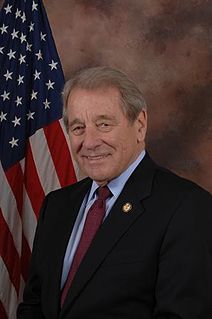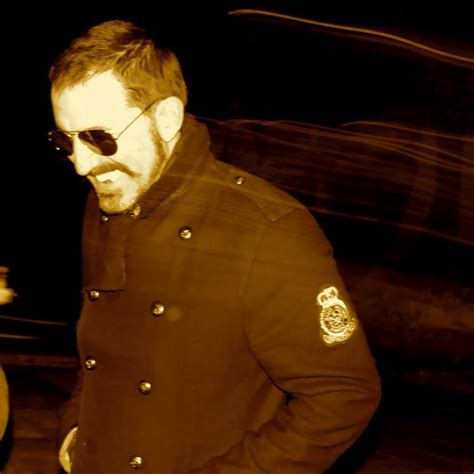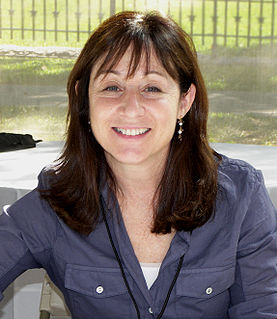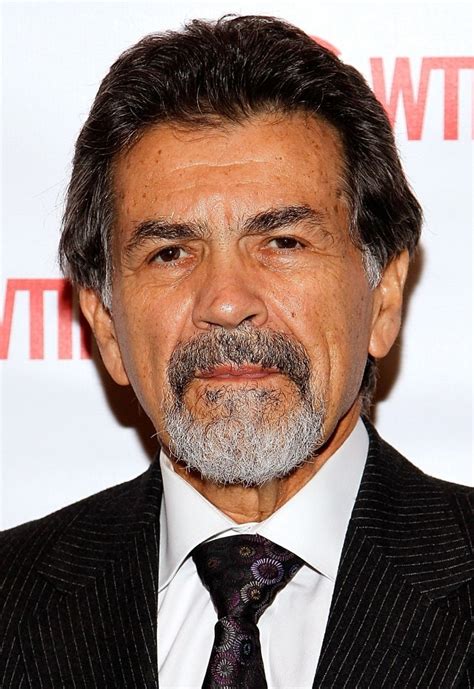A Quote by Ralph Regula
We have the Troops to Teachers program, which encourages retired military individuals to go into teaching.
Quote Topics
Related Quotes
Musically, what happened was this: I retired twice. I retired after The Black Crowes, and I retired after Brand New Immortals. Then, we started buying real estate, which really took up my time. I was busy. I was still teaching yoga, but I was mostly busy running business, and I was fine. I was happy.
In education, I'm going to try to find what works. One thing I want to do is improve the quality of teachers. There are a lot of people who want to go into teaching; it's fundamentally a very fulfilling profession. But people don't feel they have financial support. We pay starting teachers in particular too little to attract the quality people that we need. I want to make it easier for good people who want to go into teaching to do that.
I started teaching in '76 and I'd been a photographer at the Geographic for six years. But prior to being at the Geographic I was a teacher. Plus my parents were teachers and my brother and my grandparents. So it was the culture of our family to think about teaching, to talk about teaching, to talk about teachers.
There is no military solution to the war in Iraq. Our troops can help suppress the violence, but they cannot solve its root causes. And all the troops in the world won't be able to force Shia, Sunni, and Kurd to sit down at a table, resolve their differences, and forge a lasting peace. In fact, adding more troops will only push this political settlement further and further into the future, as it tells the Iraqis that no matter how much of a mess they make, the American military will always be there to clean it up.
I think [testing] has had a profoundly problematic impact on student learning. It must seem to students that their worth as individuals is equivalent to their test score. The stress the high stakes culture has on teachers is also highly negative and must surely impact students in a negative way. It also de-professionalizes teachers because it encourages them to be script readers, followers of rigid schedules, and to disregard the needs of the people they teach in favor of the scripts and schedules.
After graduate school, I joined Johnson & Wales University in Rhode Island as an assistant professor, but I continued to program in addition to teaching and working on research. I built a program that crawled job boards to determine which skills employers value, which helped Johnson & Wales explore ways to improve its curriculum.
We do not want to keep our troops in Afghanistan. We see no military - we seek no military bases there. It is agonizing for America to lose our young men and women. It is costly and politically difficult to continue this conflict. We would gladly bring every single one of our troops home if we could be confident that there were not violent extremists in Afghanistan and now Pakistan determined to kill as many Americans as they possibly can.

































